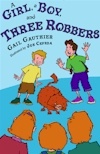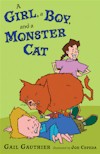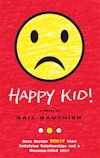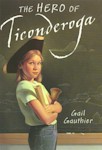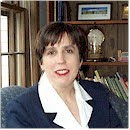Some Day I Will Learn How To Read
I thought Pierre Bayard sounded very interesting when I first heard of him last winter. Now his book, How to Talk About Books You Haven't Read, is available in this country.
Bayard had some interesting things to say in an interview in The New York Times Book Review. (Though the interviewer, Deborah Solomon, sounds as if she wouldn't agree.)
For instance:
"I think a great reader is able to read from the first line to the last line; if you want to do that with some books, itís necessary to skim other books. If you want to fall in love with someone, itís necessary to meet many people. You see what I mean?"
Yes, Pierre, I do. I have learned that there are books I feel I need to familiarize myself with for professional reasons even though I can't possibly bring myself to read them from first line to last. Familiarizing myself with them, having some knowledge of them, enriches my life and shapes how I think of other books in relation to them. Reading every line of them would have killed me.
And:
"You suggest in your book that schools destroy a love of literature, in part because they donít allow skimming. Yes. Sometimes I help my son write book reports. Guillaume ó heís 14. Itís terrible. The questions are so specific about the names of characters, dates and towns where the heroes went that I am unable to answer the questions. It is the model of reading in France. A kind of scientific reading, which prevents people from inventing another kind of reading, which should be a form of wandering, as in a garden."
I wouldn't go so far as to say schools should allow skimming, but I agree that they aren't doing anything to encourage reading with those assignments that involve finding mindnumbingly pointless details in works of fiction. After going over a page of that sort of thing relating to a sixth-grader's Witch of Blackbird Pond homework, I remember thinking, Gee, I loved that book when I was a kid. I must have been out of my mind.
Not only did the boy in question hate the book, his homework assignment ruined it for me years after I'd read it. Think about it--the schools are destroying the love of reading retroactively.
I can't wait to see if Bayard's book gets taken up by the press and what reviewers have to say about it. Reading the reviews would be sort of like reading the book, right? Another kind of reading?
Labels: author interviews, how to read books
